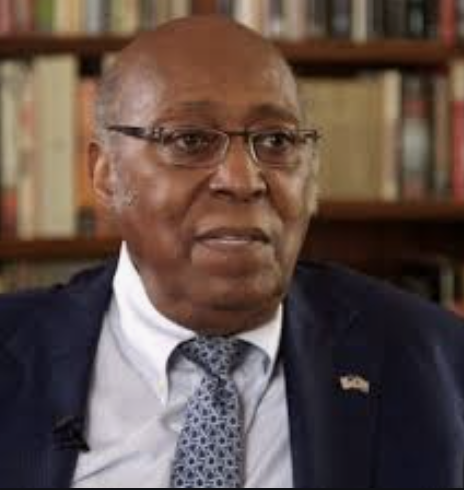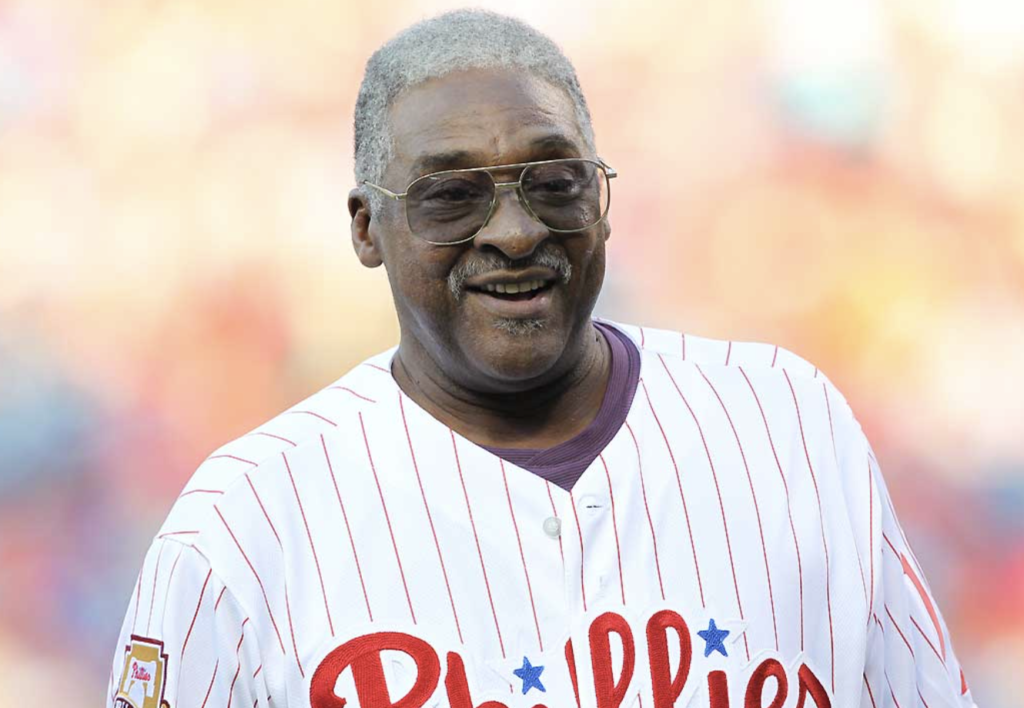Dick Allen died today.
If you’re not a baseball fan, you probably don’t know much about him, but if you followed the game in the ’60s and ’70s, you probably know he was one heck of a ballplayer.
He was part of the second generation of black ballplayers to reach the big leagues, and he was without question the most outspoken of them. He refused to feel gratitude to white executives for allowing him to play. In the language of the time, they called him an Uppity Negro.
It’s things like that keeping him out of the Hall of Fame. His career totals aren’t all that impressive, largely because he only played in 1,749 games. By comparison, Pete Rose played in 3,562 games. But if you look at Allen’s peak years of 1964-1974, his OPS (on-base plus slugging percentage) was the second best of every player in baseball and just .001 behind Hank Aaron.
Those players trailing Allen included Willie McCovey, Frank Robinson, Willie Stargell, Roberto Clemente, Willie Mays, Harmon Killebrew and Carl Yastrzemski — seven Hall of Famers.
What I didn’t know about black people was slightly less than I knew about the streets of Lagos, Nigeria. It was almost all facts about athletes. In 12 years from 1956-67, at schools in Ohio and Virginia, I never had a black student in any of my classes. My one good moment came in a confrontation with a teacher in 12th grade.
I don’t know how it came up, but this teacher made a remark I couldn’t let stand.
“”Black people don’t want to work. They just want to collect welfare.”
I don’t remember if I thought before speaking. This woman already hated me, and it would have been smarter to let it pass.
“That’s a racist thing to say.”
Who said that?
Me?
Oops.
My second moment of edification came in the fall of 1968. Those of you who think 2020 has been such a horrible year should have seen ’68. Tet, King, Kennedy, Chicago and Nixon.
At any rate, I was attending a Friday evening lecture at the University of Virginia. The speaker was Charles Hamilton, co-author with Stokely Carmichael of the controversial best-seller “Black Power.”

It was an all-white audience, and it was a very interesting lecture. It doesn’t speak well for my memory that all I remember specifically was one exchange from the Q&A session afterward. An Old South type asked the question:
“Dr. Hamilton, would you like to be white?”
He blew the question off. “That’s insulting,” he said and didn’t answer it.
I suppose in that time and place, that was the only way he could answer, but it’s something I have thought about over the years. I wonder if there couldn’t have been a more useful answer.
Something like this:
“We don’t get to choose what race we are, and I certainly don’t believe one race is better than another. It would certainly be easier in some ways to be white, but we deal with what God gives us.”
So Dick Allen is gone, and if there is any justice in this world, he’ll make the Hall of Fame.
But I was surprised to learn that Dr. Hamilton is retired at 91 after 29 years as a professor at Columbia. Some folks say he invented the term “institutionalized racism.”
Maybe I’ll write to him and ask him about that question.

